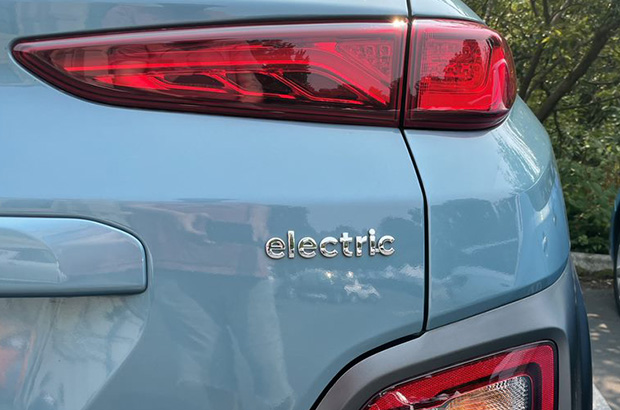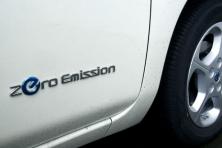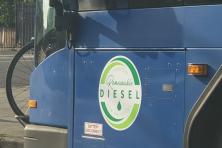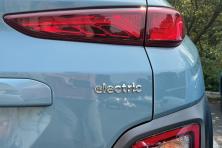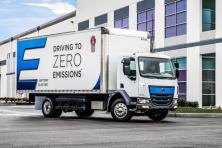It’s clear: we need cleaner ways to get around in our communities, including our passenger vehicles. The transportation sector makes up about 40 percent of Oregon’s climate pollution, of which 62 percent comes from passenger cars and trucks (about 27 percent from heavy-duty vehicles). You might have seen the recent news that California has announced a move to accelerate the sales of all-electric passenger vehicles. Our state could soon join them, but as you can imagine, the oil industry doesn’t like this idea too much. So your voice is needed now to make sure this happens in Oregon.
Click here to make your voice heard
This December, Oregon’s Environmental Quality Commission (EQC) will be voting on that rule, called the Advanced Clean Cars II (ACCII) rule, which would reduce tailpipe emissions standards from new passenger vehicles like cars, pickup trucks, and SUVs, starting with the 2026 model year through 2035. This rule would strengthen Oregon’s vehicle pollution standards for all new light-duty cars sold so that by 2035, 100% of new cars sold must be zero emission vehicles. The ACCII rule update is critical for Oregon to reduce air pollution and meet our state’s transportation emission reduction goals; we would join California and Washington and several other states when we adopt the rule.
Our Department of Environmental Quality estimates that these rules would:
- cut climate pollution: reduce 54.1 million metric tons of wheel to wheel carbon emissions by 2040.
- improve our air quality: result in $8.7 million dollars in health and savings and reduce 7,695 tons of air pollution, including cutting nitrous oxide (NOx) and 372 tons of particulate matter 2.5 (PM2.5) by 2040. Air pollution is not only linked to higher rates of premature death, cancer, heart disease, and breathing problems like asthma in kids and adults, but air pollution also disproportionately affects Black, Indigenous and communities of color (BIPOC) and low-income Oregonians—especially anyone living closer to highway and transportation corridors.
- improve overall access to zero emission vehicles in BIPOC and low-income communities by pushing manufacturers to provide reduced price zero-emission vehicles for community mobility programs, and produce affordable zero-emission vehicles to increase standards for vehicle range, durability, and charging capabilities.
